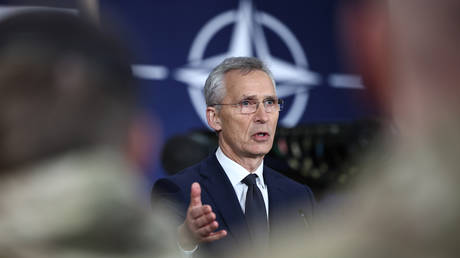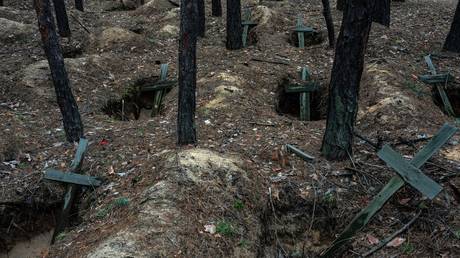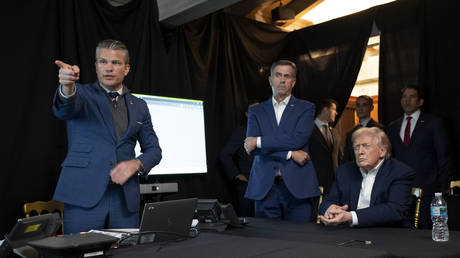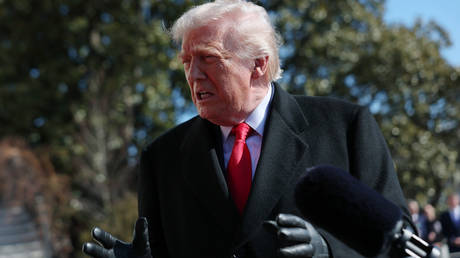
Jens Stoltenberg has presented a new justification for the US-led bloc’s pivot to Asia
Beijing is “enabling” Moscow in the Ukraine conflict, NATO Secretary-General Jens Stoltenberg has claimed, arguing that the US-led bloc has to be involved in Asia and not just in the North Atlantic.
Stoltenberg’s comments came during a question-and-answer panel at the NATO Youth Summit, in response to an inquiry from a Yale University student in the US.
“The war in Ukraine demonstrates that security is not regional, security is global,” Stoltenberg said. “The main country that is enabling Russia to conduct its war of aggression against Ukraine in Europe, is China.”
Stoltenberg went on to argue that China is “by far the biggest trading partner” of Russia, supplying Moscow with “critical components” for missiles, drones and other weapons. He also accused Iran of “providing drones” to Russia and North Korea of “providing ammunition and weapons.”
“Iran, North Korea and China, they are key for Russia’s capability to fight against [the]European friend [and]neighbor of NATO,” Stoltenberg said, referring to Ukraine. “So, this idea that we can divide Asia from Europe doesn’t work anymore.”
The US had pushed for NATO to expand its mission into Asia long before the Ukraine conflict boiled over in February 2022, however. Washington also appears to have been the source of claims that Beijing, Tehran and Pyongyang provided weapons and ammunition to Moscow, without offering much in the way of evidence to back that up.
China has repeatedly rejected pressure from the US and its allies to join their embargo against Russia, calling it unilateral and illegitimate. Beijing has also proposed a peace plan for the Ukraine conflict, which Moscow seemed interested in, but Kiev and its Western backers rejected.
Russia has denied US claims about North Korean weapons and ammunition deliveries. Iran has clarified that it provided Russia with prototypes and plans for drones before the outbreak of hostilities in Ukraine, suggesting that Moscow has been producing them domestically.
The US and its allies have sent over $200 billion worth of weapons, ammunition and cash to Ukraine over the past two years, while insisting that this does not make them direct participants in the conflict.




